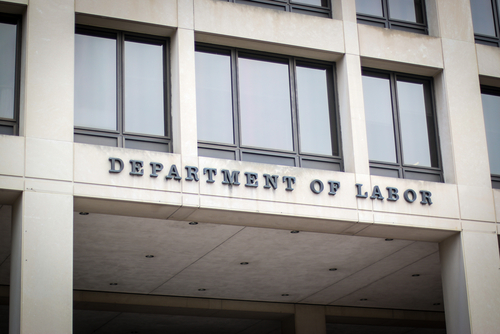
Dana Dobbins
By Dana Dobbins
Artificial intelligence (AI) is becoming increasingly prevalent in workplaces, providing new opportunities as well as new challenges for employers and employees. While AI has the potential to improve efficiency and productivity, its use also raises important questions around issues like privacy, discrimination, and job displacement. Employers who choose to implement AI should consider including a provision in their employee handbook, or a separate policy, specifically addressing its use. Such a provision or policy can help mitigate risks, provide clarity for employees, and demonstrate an employer’s commitment to using AI ethically and responsibly.
Employers who incorporate AI into the workforce should develop policies governing appropriate use of generative AI, regularly update those policies as laws and technology continue to change, and enforce their policies. Employers should consider the following provisions in their AI use policies:
Specify Which Employees May Use AI and Require Prior Approval
For any number of reasons, employers may be willing to let some teams or groups, but not others, use generative AI technology, especially while the employer is still examining how AI can be incorporated in their company or industry. An AI policy should specify which departments, if any, are permitted to use AI. Read more














